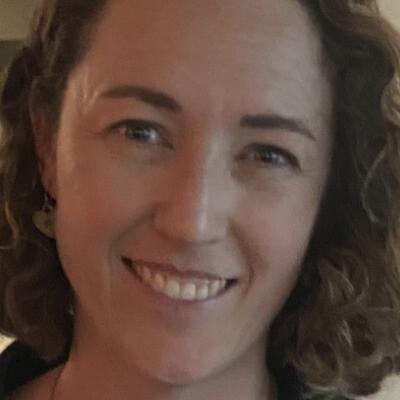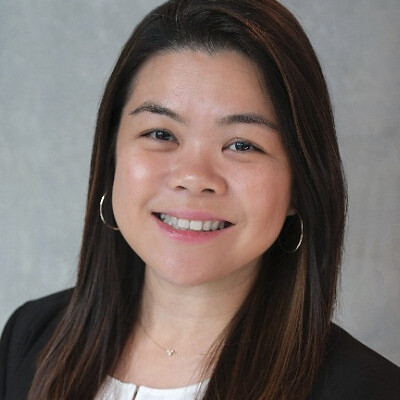Effective interprofessional communication is essential for high-quality, safe, and coordinated care across all healthcare settings. This communication spans verbal and written exchanges, digital and analogue tools, and includes both synchronous and asynchronous interactions. Despite this complexity, current interprofessional education frequently centers on hospital-based, face-to-face scenarios, which do not reflect the distributed, episodic, and often layered communication that occurs in practice. As a result, a disconnect often exists between what students are taught and what they encounter in real-world practice.
In response, educators from nine health professions at the University of Melbourne, Australia, including audiology, dentistry, medicine, nursing, optometry, physiotherapy, psychology, social work, and speech pathology, collaborated to design a suite of video resources that model authentic interprofessional communication. These resources focus on key observable behaviors including negotiating priorities, bridging professional silos, navigating hierarchy, and responding to evolving patient needs. These co-created scenarios are grounded in everyday practice and incorporate common communication barriers such as professional hierarchies, variable schedule, and discipline specific jargon.
This presentation will highlight a scalable, collaborative model for interprofessional curriculum innovation. It demonstrates how educators can co-create shared learning resources that are adaptable across programs and institutions, enhancing both relevance and efficiency. The process fostered interdisciplinary learning and built shared ownership of interprofessional education delivery.
The talk will outline the design process used to develop the interprofessional communication resources, including video-based scenarios. We will also present the developed examples and how they are incorporated into the University of Melbourne interprofessional education curriculum. These resources provide students with practical, context-specific strategies to navigate real-world interprofessional communication, supporting better teamwork, more inclusive patient care, and reduced communication-related risk. The collaborative model also reduces redundancy by offering shared resources for embedding communication learning across health curricula.
By developing curricula informed by practice-based research, the project helps bridge the gap between education and practice. This approach contributes to evidence informed curricula that reflects the complex, distributed, and often asynchronous nature of communication in healthcare. It enhances teamwork by equipping students with practical, context-specific skills that improve collaboration and patient care. By preparing learners for communication challenges they will face in practice, the initiative supports both improved care delivery and greater workforce readiness.
In support of improving patient care, this activity is planned and implemented by The National Center for Interprofessional Practice and Education Office of Interprofessional Continuing Professional Development (National Center OICPD). The National Center OICPD is accredited by the Accreditation Council for Continuing Medical Education (ACCME), the Accreditation Council for Pharmacy Education (ACPE), and the American Nurses Credentialing Center (ANCC) to provide continuing education for the healthcare team.
As a Jointly Accredited Provider, the National Center is approved to offer social work continuing education by the Association of Social Work Boards (ASWB) Approved Continuing Education (ACE) program. Organizations, not individual courses, are approved under this program. State and provincial regulatory boards have the final authority to determine whether an individual course may be accepted for continuing education credit. The National Center maintains responsibility for this course. Social workers completing this course receive continuing education credits.
The National Center OICPD (JA#: 4008105) is approved by the Board of Certification, Inc. to provide continuing education to Athletic Trainers (ATs).
This activity was planned by and for the healthcare team, and learners will receive Interprofessional Continuing Education (IPCE) credit for learning and change.


Physicians: The National Center for Interprofessional Practice and Education designates this live activity for AMA PRA Category 1 Credits™. Physicians should only claim credit commensurate with their participation.
Physician Assistants: The American Academy of Physician Assistants (AAPA) accepts credit from organizations accredited by the ACCME.
Nurses: Participants will be awarded contact hours of credit for attendance at this workshop.
Nurse Practitioners: The American Academy of Nurse Practitioners Certification Program (AANPCP) accepts credit from organizations accredited by the ACCME and ANCC.
Pharmacists and Pharmacy Technicians: This activity is approved for contact hours.
Athletic Trainers: This program is eligible for Category A hours/CEUs. ATs should claim only those hours actually spent in the educational program.
Social Workers: As a Jointly Accredited Organization, the National Center is approved to offer social work continuing education by the Association of Social Work Boards (ASWB) Approved Continuing Education (ACE) program. Organizations, not individual courses, are approved under this program. State and provincial regulatory boards have the final authority to determine whether an individual course may be accepted for continuing education credit. The National Center maintains responsibility for this course. Social workers completing this course receive continuing education credits.
IPCE: This activity was planned by and for the healthcare team, and learners will receive Interprofessional Continuing Education (IPCE) credits for learning and change.
Learners can claim CE credit by completing the Daily Evaluation.


